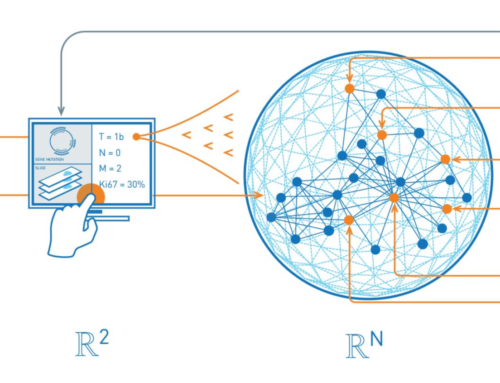TAR Ethical Obligations:
Technology Assisted Review (TAR) has been a positive process for the eDiscovery industry. TAR provides more accurate results when reviewing documents and allows businesses to save money and time. However, there are still ethical obligations when this technology is used.
Under ABA Model Rule 1.1, attorneys “bear a duty to provide competent representation to their clients.” Within this duty of competence is the responsibility to stay “abreast of changes in the law and its practice, including the benfits and risks associated with relevant technology.” Therefore, competence means attorneys must have at the very least a basic understanding of TAR. This understanding is needed so the correct method of document review is used. There are different variations of TAR, but the point is to understand that the review is completed when the results received are no longer relevant.
Model Rule 1.4 states “that a lawyer’s duty to communicate requires a lawyer to reasonably consult with the client about the means by which the client’s objectives are to be accomplished and to explain a matter to the extent reasonably necessary to permit the client to make informed decisions.” This means attorneys should discuss the pros and cons of using TAR with their clients. While cost savings is always an advantage of TAR, a disadvantage could be TAR causing issues with opposing counsel. An attorney must be transparent when communicating this to clients so the client can make the best decisions for their case.
Lawyers often use a third-party electronic discovery vendor to help with TAR review. ABA Model Rule 5.3, cmt. 3 states “an attorney may ethically partner with an outside vendor but the onus is on the lawyer to ensure that the discovery vendor acts ethically.” This means attorney are wholly responsible for ensuring the vendor is competent in its understanding of TAR and supervising the work.
Since TAR is a newer process for the legal field, courts are attempting to keep up with how this review affects cases. A major issue that is being addressed is how much information should be required to provide before it becomes a risk of revealing client-confidential information. Attorneys have to understand that confidential information can accidentally be disclosed when using technology assisted review.
Overall, TAR is a wonderful tool that saves times and money. Federal Rules are starting to change and adapt because of these TAR ethical obligations. Courts are also working to hold attorney to a high ethical standard when this type of review is used.
For more Tidbits & Thoughts, please click here.






